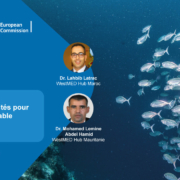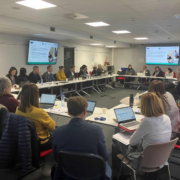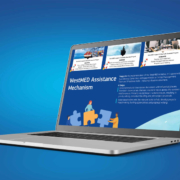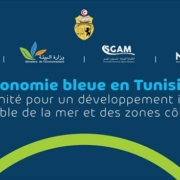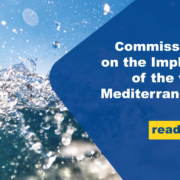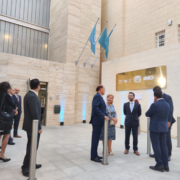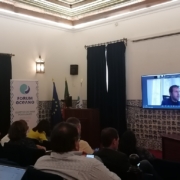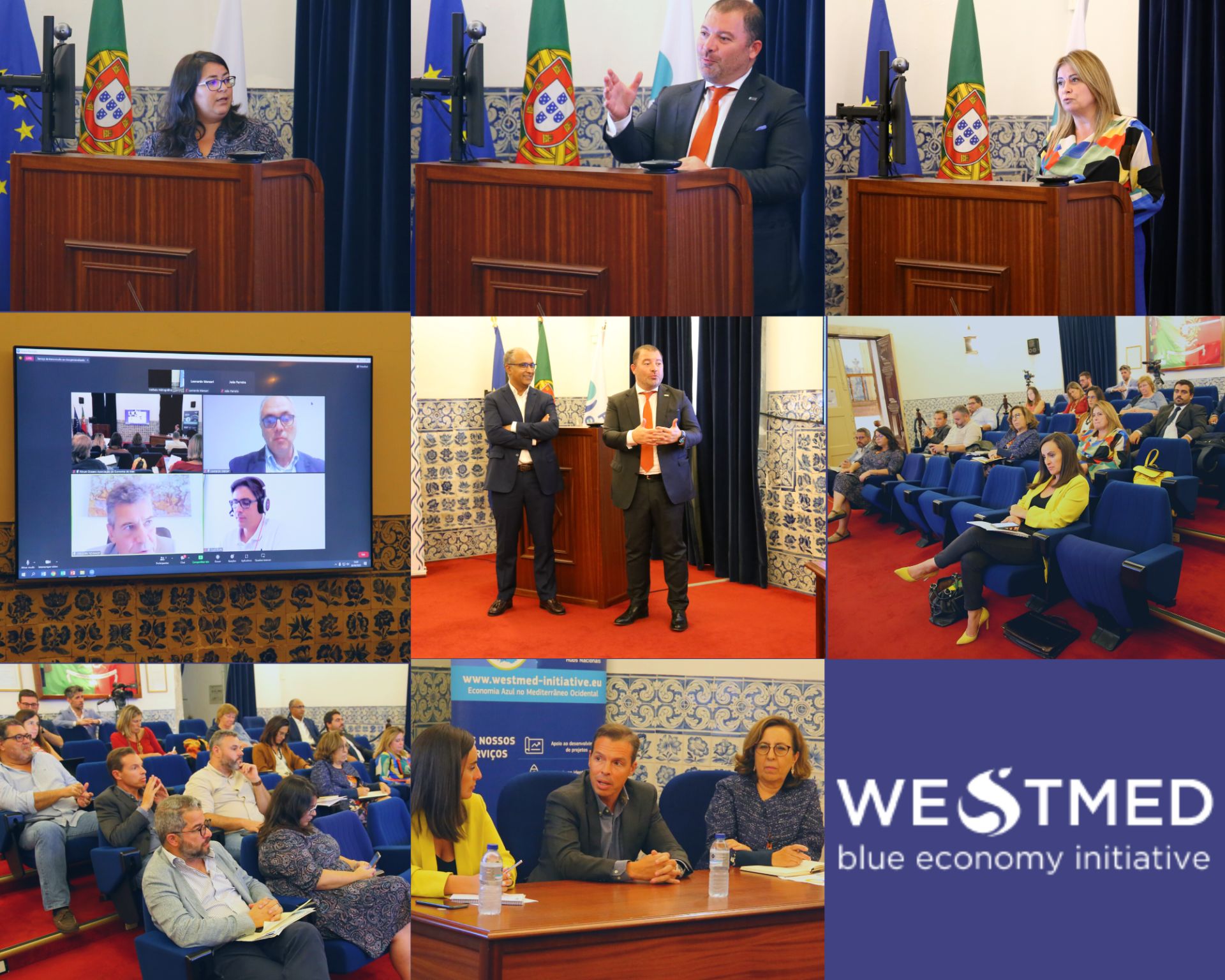The WestMED Iniatiative welcomes the Mauritanian/ Maltese Co-Presidency in 2023
In 2023, Mauritania will co-chair the WestMED Steering Committee along with Malta in accordance with the principle of rotation among the participating WestMED countries (France, Spain, Italy, Portugal, Malta, Morocco, Algeria, Tunisia, Libya and Mauritania).
The Mauritanian Co-Presidency will keep supporting the six priorities agreed by the countries in 2018 on the common roadmap for the development of a sustainable blue economy:
- maritime safety and fight against marine pollution,
- maritime cluster development,
- skills development and circulation,
- sustainable consumption and production,
- biodiversity and marine habitat conservation and restoration
- Development of coastal communities and sustainable fisheries and aquaculture.
At national level, Mauritania has set ambitious targets on blue economy, which includes: the promotion of sustainable fisheries and aquaculture, the development of a maritime cluster that brings together all the actors of the sea, development of maritime transport and development of Maritime Spatial Planning (MSP). These topics are already included in the priorities of the new strategy for the sector in Mauritania and are at the heart of the missions of two new agencies created within the department, namely the Agency for Maritime Affairs and the Agency for Inland Fisheries and Fish Farming.
In addition, the Mauritanian National Hub along with Tunisia play an important coordination role in the WestMED technical group on Maritime Clusters Alliance, ensuring and facilitating the cooperation within South-South and also North-South through actions, partnerships and projects.



